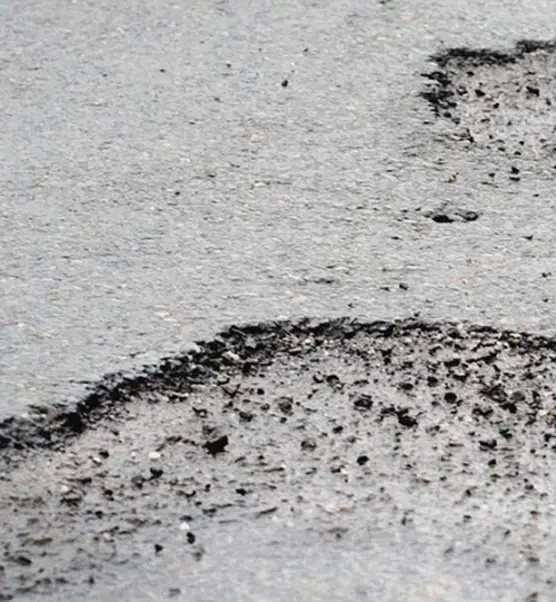
Public Highway Accidents - Can I Make a Highway Tripping Claim?
Claims for injuries arising from tripping on a public highway are unsurprisingly one of the most common enquiries we receive at Smith Partnership, though often one of the most difficult to be successful in. In this article, our Personal Injury solicitor, Charlotte Hope, discusses likely Defences, the evidence needed and how we can help.
What is a Public Highway?
A public highway is the umbrella term used to describe any area that is designated for public access. This includes roads, pavements, public footpaths, and any area not otherwise owned privately.
The responsibility to maintain these areas, and to ensure public safety usually falls to the Local Council. Increasingly, the strain on public funds means that Councils must allocate their budget for repair and maintenance of the public highway wisely and as such have a set of guidelines as to when they should reasonably intervene.
Do I have a Public Highway Tripping Claim?
Claims relating to the public highway usually arise from issues regarding the disrepair of pavements resulting in uneven or “rocking” slabs, raised or sunken manhole covers and, in some cases, large potholes.
Have you tripped on one of the above examples and suffered an injury? If the answer is yes, then you may have a claim.
What Should I do?
Once you have received the necessary medical treatment, it is important to establish what caused your accident. For example, as soon as you can return to the location of the accident, try to establish the Defect, if there is one, that caused your trip and take photos of it. If possible, take photos from close up and far away (including its surroundings) and to be even more thorough, take photos of the height of the defect, which is a crucial part of the evidence. This can be done with a ruler, or even using a £1 coin to demonstrate the height. These photos will help us to assess the merits of your case and aid in determining whether the responsible party has been negligent in their maintenance of the highway.
Is There a Defence?
Whilst Section 41 of the Highways Act 1980 places a non-delegable statutory duty on the responsible party to maintain the Highways for which it is deemed responsible for, Section 58 of the same act provides a legal defence to any claims arising because of damage to the Highway. This is in cases where the responsible party can show a reasonable system of inspection and maintenance has been implemented and carried out. The mere presence of a defect does not confer an automatic liability on the responsible party for any subsequent damage or loss that may occur. In order for any public highway tripping claim to be successful the responsible party must have acted negligently and or in breach of its statutory duties owed.
If a potential defect is identified it then must meet the highway authorities “intervention levels”; Intervention levels are in place to enable the responsible party to reasonably manage the risk of differences in levels across the entire highway network as it is not reasonable, nor a requirement, to ensure that all surfaces are perfectly flat.
What is a “Reasonable System of Inspection”?
Each road, pavement or other public space will all have varying levels of footfall and traffic depending on their location and are categorised as such. Areas of high footfall, such as a high street or main road, will be subject to more regular inspections, in comparison to a small residential street for example.
If the responsible party can show that their own system of inspection was reasonable and proportionate to the area of the defect, and the system was successfully identifying and subsequently fixing Defects, then any claim brought will face difficulties.
How can Smith Partnership’s Personal Injury Solicitors Help?
Our Personal Injury experts can navigate these defences and help to ascertain whether the Section 41 duty has in fact been met by the responsible party. In many cases we undertake our own site visits to the location of the accident to measure defects and determine if they do in fact meet Intervention Levels to assist in progressing cases.
Whatever the case may be, if you have suffered a tripping accident of this nature, do not hesitate to get in touch today on 0330 123 1229, send us an email via info@smithpartnership.co.uk or complete our contact form.

Share this article






















